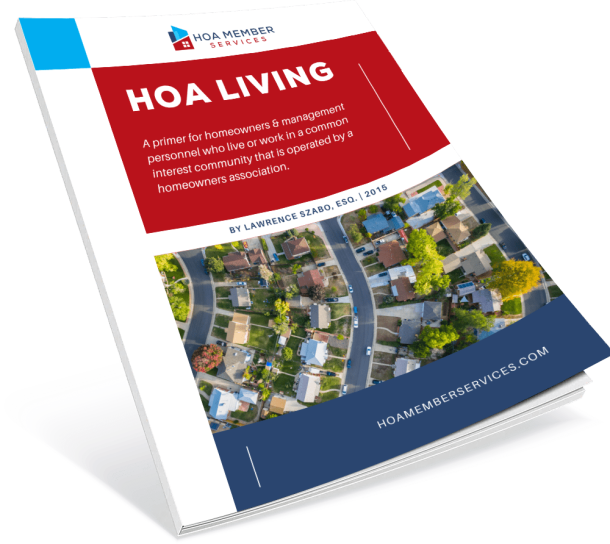Court Awards Homeowner with Judgment for Over $600,000 for Failure to Allow Service Dog in Clubhouse
- Case Decisions, Dispute Resolution, Governing Documents
This case involved a dispute between a homeowners association (“Association”), and its management personnel, and the owners (“Owner”) of a property located within the common interest community that was governed by Association. The dispute stemmed from Association’s refusal to allow Owner to bring an alleged service animal, a Chihuahua dog, into the community’s clubhouse on three difference occasions and the imposition of fines on Owner following occasions when the dog was taken into the community clubhouse by Owner. Following the imposition of fines and attorneys’ fees and costs on Owner in conjunction with the incidents, Association initiated foreclosure proceedings against Owner’s property, which then forced Owner into bankruptcy to prevent the loss of their home due to Association’s foreclosure proceeding. As a result of these actions, Owner sued the defendants for discrimination against the disabled based on claims under the Americans with Disabilities Act (“ADA”) and the Fair Housing Act (“FHA”).
The District Court found that Association’s clubhouse was a private establishment and did not qualify as a place of public accommodation. Accordingly, the Court ruled that, because Association’s clubhouse does not qualify as a place of public accommodation, the ADA did not apply and ruled in favor of the defendants on claims based on violations of the ADA.
With regard to Owners’ claims under the FHA, Owners alleged that Association engaged in unlawful discrimination by failing to make reasonable accommodations in its rules, policies, practices, or services, when such accommodations were necessary to afford a handicapped person (Owner) equal opportunity to use and enjoy a dwelling. The Court stated the following five elements of a FHA reasonable accommodation claim: (1) that the plaintiff or his associate is handicapped within the meaning of 42 U.S.C. §3602 (h); (2) that the defendant knew or should reasonably be expected to know of the handicap; (3) that accommodation of the handicap may be necessary to afford the handicapped person an equal opportunity to use and enjoy the dwelling; (4) that the accommodation is reasonable; and (5) that defendant refused to make the requested accommodation.
The District Court found:
Subscription Required to Continue Reading
To view the full HOA Featured Article, you must have a Subscription with HOA Member Services
Become a Member
Personal Monthly
-
Access to over 600 Articles & Case Decisions
-
Access to hundreds of Resources
-
HOA Newsletter
-
Free Copy of HOA LIVING
-
25% OFF Download Forms
-
1 User
Personal
-
Access to over 600 Articles & Case Decisions
-
Access to hundreds of Resources
-
HOA Newsletter
-
Free Copy of HOA LIVING
-
25% OFF Download Forms
-
1 User
Pro
-
Access to over 600 Articles & Case Decisions
-
Access to hundreds of Resources
-
HOA Newsletter
-
Free Copy of HOA LIVING
-
Free Unlimited Access to Download Forms (save $1000s!)
-
Unlimited Personal Support from HOA Attorney
-
1 User
HOA Team
-
Access to over 600 Articles & Case Decisions
-
Access to hundreds of Resources
-
HOA Newsletter
-
Free Copy of HOA LIVING
-
Free Unlimited Access to Download Forms (save $1000s!)
-
Unlimited Personal Support from HOA Attorney
-
Up to 10 Users



